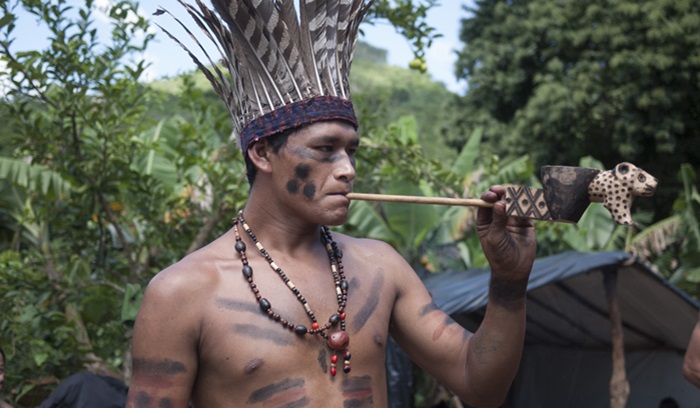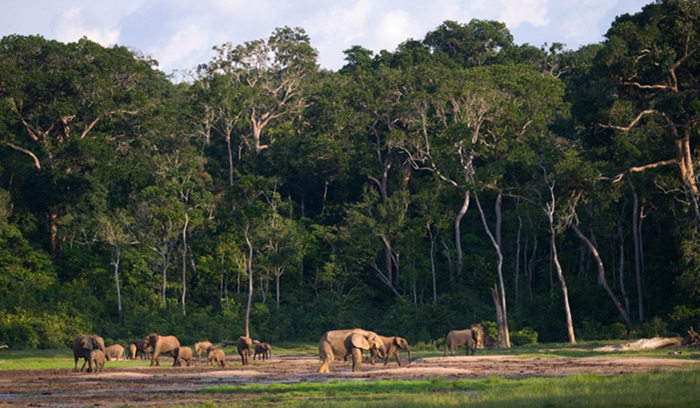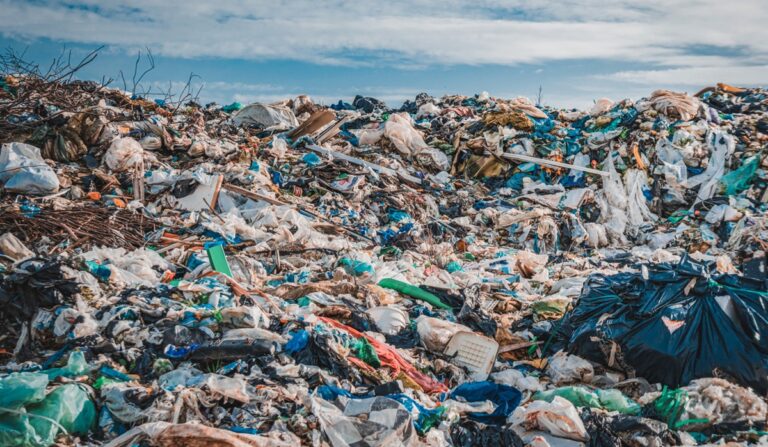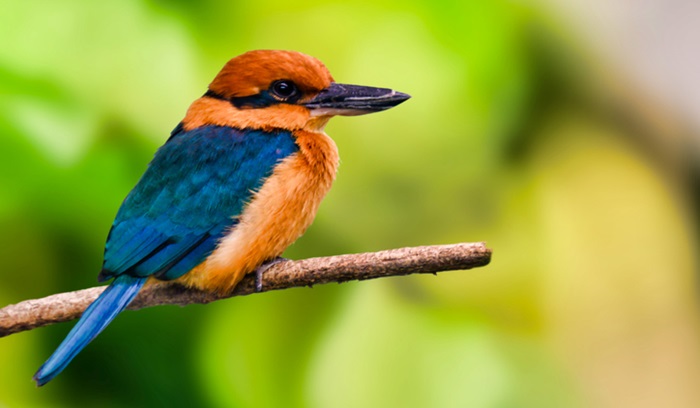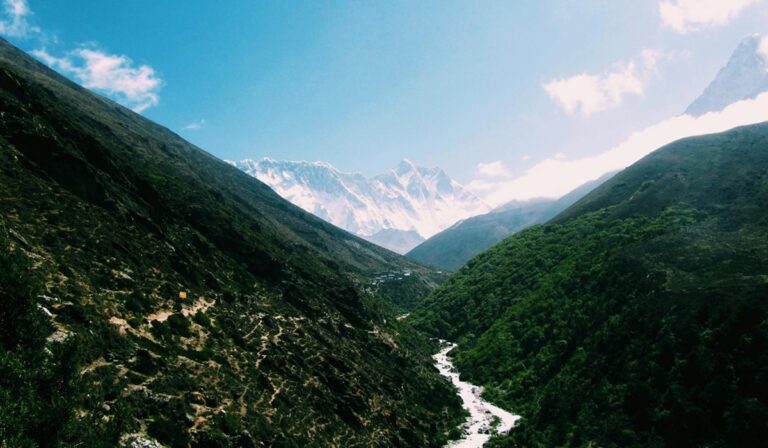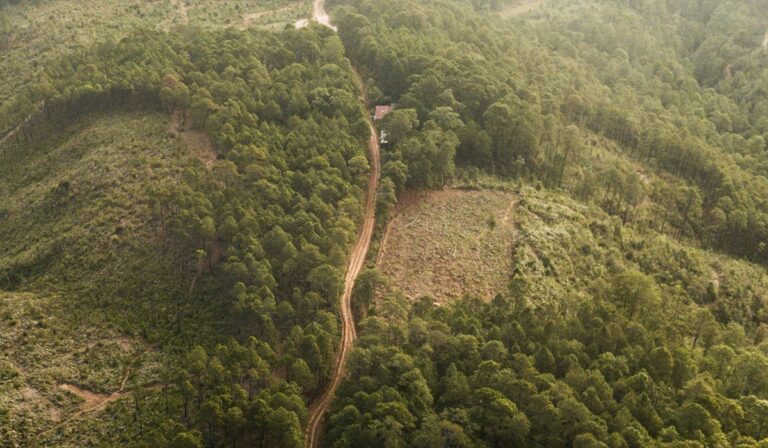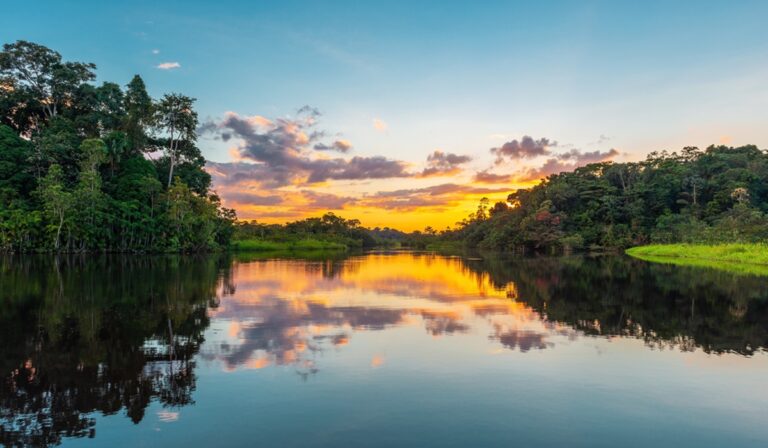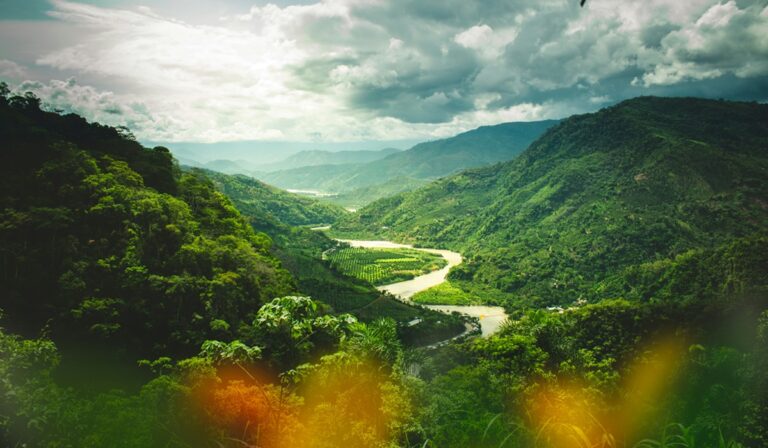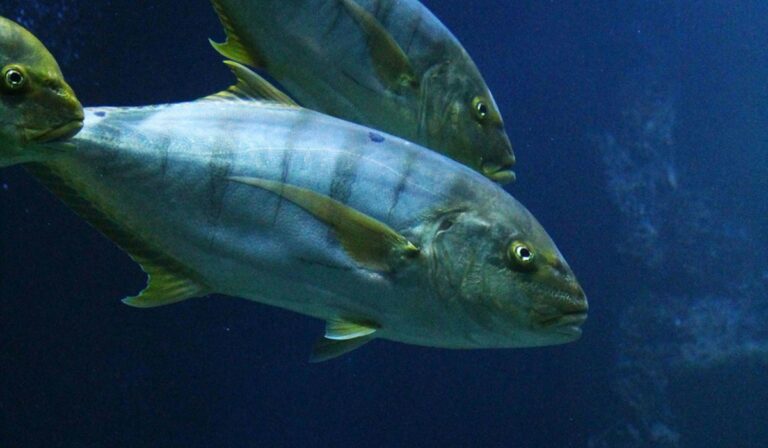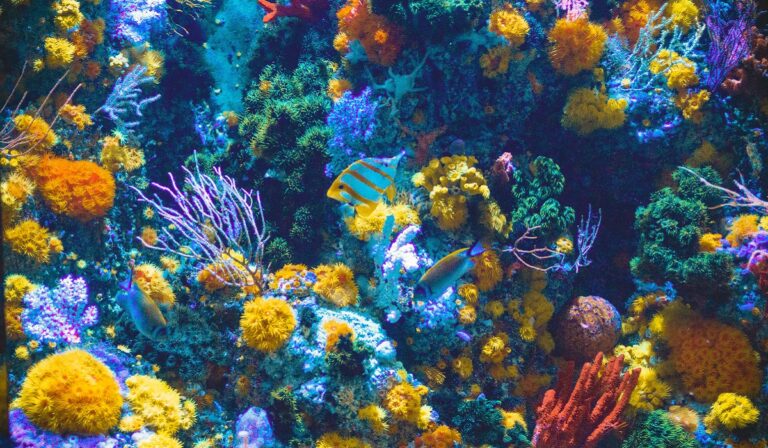Brazil elects record-high number of Indigenous mayors, vice mayors, and councilors
More than 250 Indigenous people were elected mayors, vice mayors, and city councilors this October, the highest in the country’s history and an 8% increase compared to the 2020 ballot. Increasing representation of Indigenous people elected in municipal ballots is a key move to ensure the fulfillment of Indigenous rights and conservation efforts and should pave the way to increase the number of Indigenous people elected in the 2026 state and federal ballots, advocates and activists say.
Brazil elects record-high number of Indigenous mayors, vice mayors, and councilors Read more

